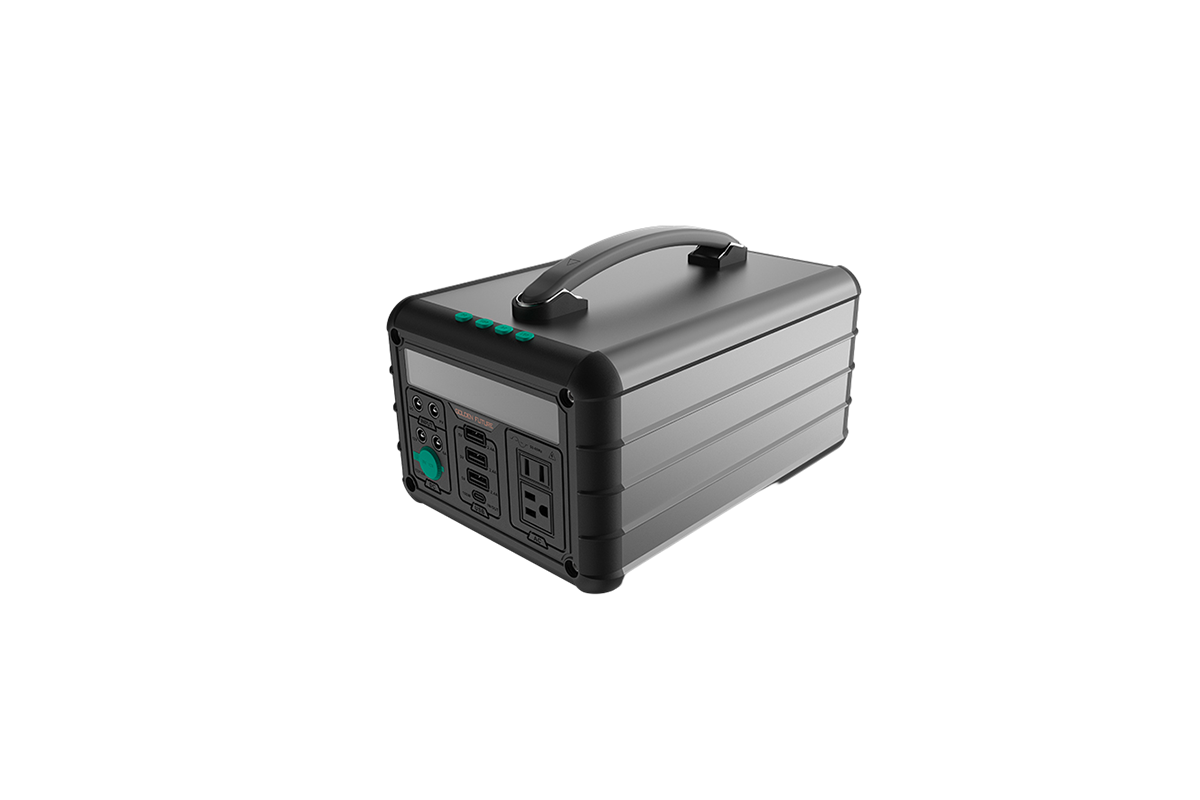

Time:2025-02-18 Views:1

Temperature exerts a significant influence on the performance and lifespan of nickel - metal hydride (Ni - MH) batteries. Ni - MH batteries are designed to operate within a specific temperature range, typically between 0°C and 40°C.
At low temperatures, the chemical reactions within the battery slow down. This leads to a reduction in the battery's capacity. For example, if a Ni - MH battery is used in a cold environment, say at - 10°C, the available capacity might drop by as much as 30 - 50% compared to normal operating temperatures. The reduced capacity means that the device powered by the battery will run for a shorter time. In addition, cold temperatures can increase the internal resistance of the battery. Higher internal resistance results in more power being dissipated as heat during charge and discharge processes. This not only reduces the efficiency of the battery but also generates heat, which can potentially damage the battery if it accumulates.
On the other hand, high temperatures also pose problems. When the temperature exceeds 40°C, the self - discharge rate of Ni - MH batteries increases significantly. Self - discharge is the process by which the battery loses its stored charge over time without being connected to a load. At elevated temperatures, the chemical reactions that cause self - discharge accelerate. For instance, at 60°C, the self - discharge rate might be several times higher than at room temperature. Prolonged exposure to high temperatures can also lead to the degradation of the battery's electrodes. The active materials in the electrodes may break down, reducing the battery's overall performance and lifespan.
Read recommendations:
lifepo4 power station portable manufacturer